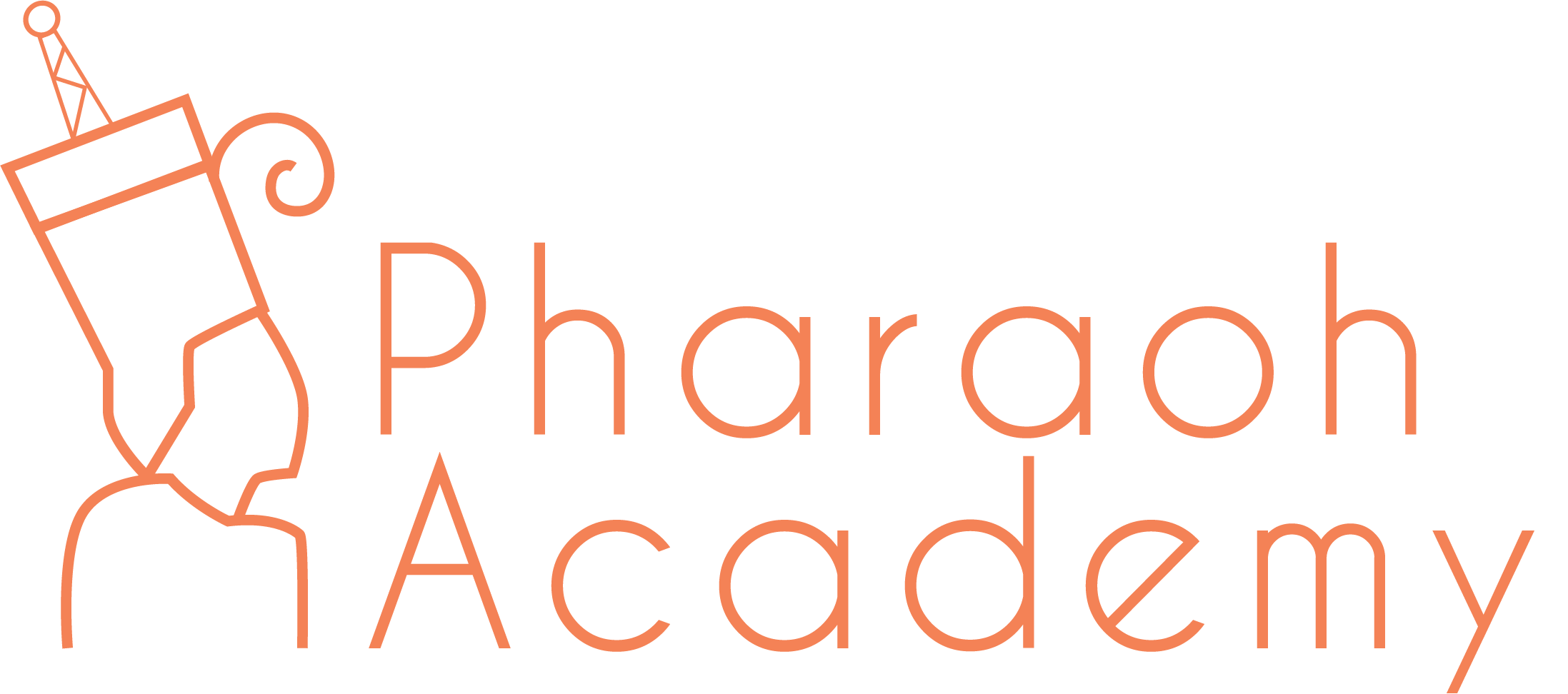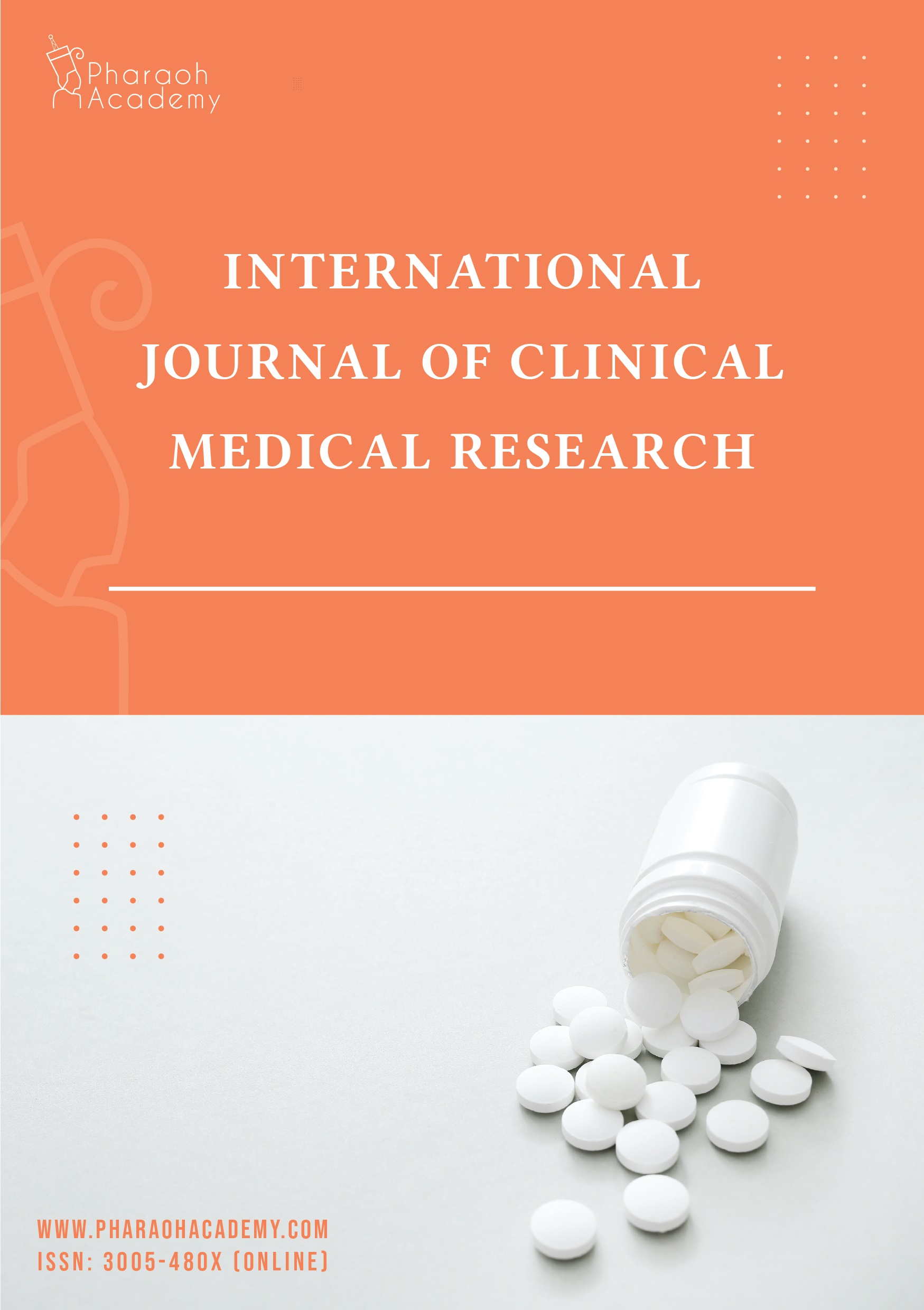Prospects and epistemic challenges for using Chat Generative Pre-trained Transformers in higher education evaluation
Abstract
Every academic institution is shaken by the recent development of Chat Generative Pre-trained Transformer, and although we still don't fully grasp all of its potential and hazards, it is worthwhile to offer some first analysis. Academic prospects for Chat Generative Pre-trained Transformer are unparalleled because of its remarkable human-like skills, which outperform the majority of recently released tools. Over the past few months, Chat Generative Pre-trained Transformer has received extraordinary interest from the news and academic community (as of 23/02/2023, there were 650,000,000 results in a Google search for the term). Since it is unlikely that the chatbot was designed with the intention of serving as a stand-in for academic writing, its use in academic writing is a byproduct of clever artificial intelligence. If given the chance, students everywhere would find a way around assessments, thus we are all worried that some students would take advantage of it despite its advantages. Although there isn't now a problem involving assessment integrity in academics, it is impossible to overlook the development of powerful artificial intelligence and tools that could facilitate cheating. Some of us think that the use of Chat Generative Pre-trained Transformer in assessments has some epistemic consequences; yet, these risks do not indicate that we will give up. Although we now know that certain university programs—like management studies and information technology—have a higher risk of academic dishonesty, educators are not new to the practice; rather, they are still learning about Chat Generative Pre-trained Transformer. I don't see any strong arguments in favor of allowing its usage in assessments, even though it is unavoidable in certain academic contexts. Instead than teaching students to "copy and paste," they teach them to "think and write critically." Therefore, the fact that Chat Generative Pre-trained Transformer passed the MBA and medical school exams should raise red flags.
Share and Cite
Article Metrics
References
- Illingworth, S. (2023), “ChatGPT: students could use artificial intelligence to cheat, but it’s a chance to rethink assessment altogether”, The Conversation, available at: https://theconversation.com/chatgptstudents-could-use-ai-to-cheat-but-its-a-chance-to-rethink-assessment-altogether-198019 (accessed 6 February 2023).
- Purtill, J. (2023), “‘ChatGPT appears to pass medical school exams. Educators are now rethinking assessments’ ABC Science”, available at: https://www.abc.net.au/news/science/2023-01-12/chatgpt-generative-ai-program-passes-us-medical-licensing-exams/101840938 (accessed 6 February 2023).
- Lai, K.W. (2000), “Health risks with teachers’ computer use: some New Zealand observations”, Journal of Information Technology for Teacher Education, Vol. 9 No. 3, pp. 303-318.
- Perry, D.R. and Steck, A.K. (2015), “Increasing student engagement, self-efficacy, and meta-cognitive self-regulation in the high school geometry classroom: do iPads help?”, Computers in the Schools, Vol. 32 No. 2, pp. 122-143.
- Benuyenah, V. and Boukareva, B. (2018), “Making HRM curriculum relevant – a hypothetical practitioners’ guide”, Journal of Work-Applied Management, Vol. 10 No. 1, pp. 93-100.

